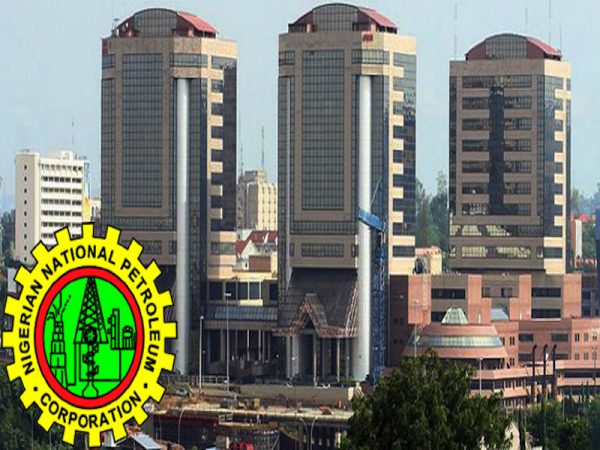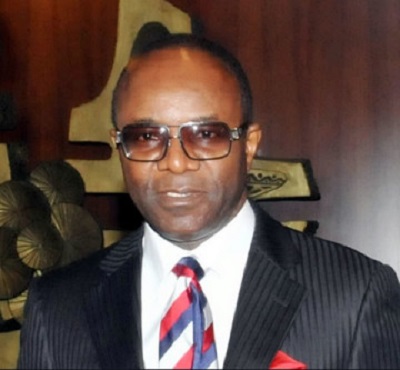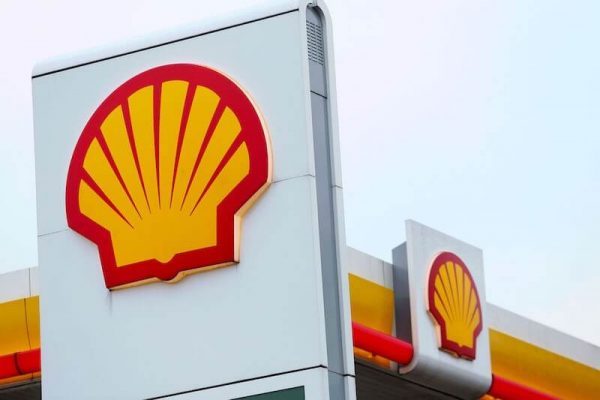Nigeria Aims To Attract $10 billion Investment In oil sector

Nigeria seeks to attract investment up to the tune of 10 billion U.S. dollars to the country’s oil and gas sector in the next five years, the government said last week at the opening of an international conference and exhibition in Abuja.
Troubled by a myriad of problems, including increased militant operation in the Niger Delta region, the government is working to attract more investors to the country, state oil minister Ibe Emmanuel Kachikwu told participants at the conference.
By attracting this huge investment, Africa’s largest oil producer aims to address some of the infrastructure funding gaps of the local oil and gas industry, the official said.
The downstream sector in Nigeria has seen increased investment wth more plans to transform the sector and take the country even closer to meeting its domestic demand of petroleum and becoming an exporter of refined fuel.
Since last July, the country’s downstream economy has been relatively stable, but work is in progress to solve the challenges, Kachikwu said.
According to him, the major problem in the upstream economy was a 6 billion dollars Joint Venture (JV) funding debt and other litigations.
An outstanding debt of 5.1 billion dollars would be paid over five years through incremental oil production volumes, he added.
The Organization of Petroleum Exporting Countries (OPEC) and an array of industry players, including international and local oil service producers, gathered to discuss the Nigerian oil and gas industry transformation plan at the conference.
Speaking at the opening session of the conference, OPEC secretary-general Mohammed Barkindo said due to global demand, oil, which is expected to surpass 99 million barrels a day by 2021, will remain a fuel of choice for the foreseeable future.
“Africa is also expected to see a lot of new long-term additions that will help satisfy its growing demands,” the OPEC scribe said, noting “in fact, the continent is well positioned for downstream capacity additions.”
Currently, the African region imports about 30 percent of the refined products it consumes, making it by far the largest product importing region, he added.
More than 6,000 delegates, 250 exhibitors, from over 20 countries, many oil and gas experts and hundreds of government representatives from different countries are attending the conference.
Arguably the largest oil and gas conference and exhibition in west Africa, curtains will fall on the annual event on Thursday, after deliberations on how to stay afloat for an upturn in the oil and gas market.






